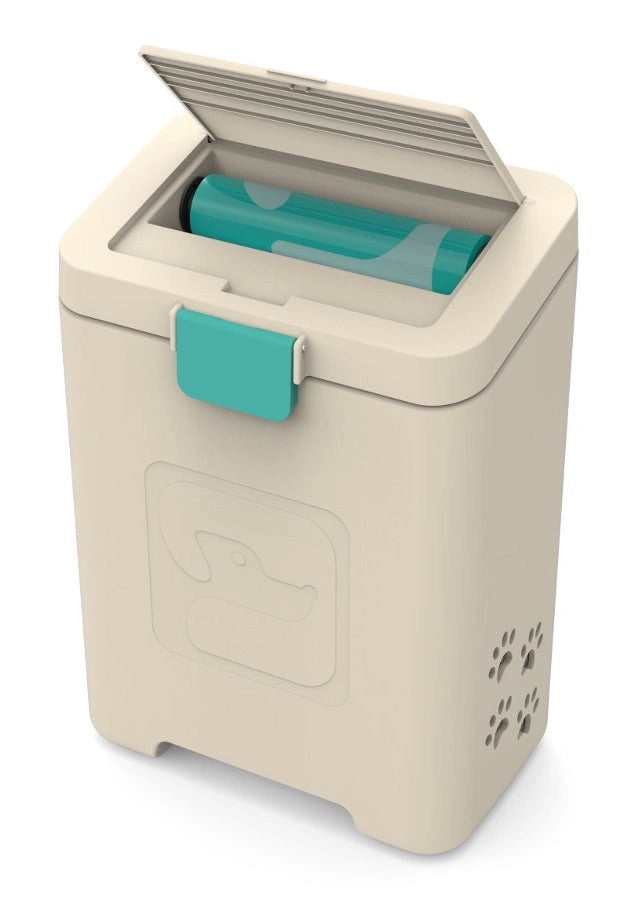Introduction
Pet ownership is an enjoyable experience, but with it comes the responsibility of taking care of our pets, including properly disposing of their waste. Pet waste may seem harmless, but it can have a significant environmental impact. The waste can contain harmful bacteria and parasites that can contaminate soil and water, leading to health risks for humans and other animals. However, pet waste stations can help pet owners dispose of pet waste safely and reduce the environmental impact.
Pet Waste and the Environment
Pet waste contains harmful bacteria and parasites that can pollute the environment, including soil, water, and air. When left on the ground, pet waste can be washed away by rain and runoff, which can contaminate nearby water sources.
Health risks from pet waste
Pet waste can cause a variety of health problems for humans and animals, including bacterial infections, parasites, and illnesses like giardia and salmonella.
Benefits of pet waste stations
Pet waste stations provide a convenient way for pet owners to dispose of pet waste and reduce the environmental impact. The stations typically include bags and a receptacle to dispose of the waste.
Types of pet waste stations
Pet waste stations come in different types, including those that are freestanding or mounted to a post, wall, or fence. Some stations require a key to access, while others are open to the public.
How to use a pet waste station
When using a pet waste station, pet owners should first pick up their pet's waste using a bag provided at the station. Then, they should tie the bag and dispose of it in the receptacle provided.
Importance of proper disposal
Proper disposal of pet waste is crucial to reducing the environmental impact and health risks associated with pet waste. Pet owners should never leave pet waste on the ground or flush it down the toilet.Pet waste and water pollution
Pet waste that is not properly disposed of can contaminate water sources, leading to harmful algae blooms, fish kills, and other environmental problems.Pet waste and air pollution
Pet waste can also contribute to air pollution when it is left on the ground and dries out, releasing harmful bacteria and odors into the air.
The cost of not using pet waste stations
The cost of not using pet waste stations can be significant, including the cost of cleaning up contaminated water sources and treating illnesses caused by pet waste.Pet waste stations in communities
Pet waste stations are becoming increasingly common in communities as a way to encourage responsible pet ownership and reduce the environmental impact of pet waste.Conclusion:
Pet waste can have a significant impact on the environment and human health. Proper disposal of pet waste is crucial to reduce these impacts, and pet waste stations can help. Pet owners should use pet waste stations whenever possible and properly dispose of pet waste to reduce the environmental impact and promote responsible pet ownership. With the increasing availability of pet waste stations in communities, it has become easier than ever to properly dispose of pet waste and keep our environment clean and healthy.FAQ's
A: If there are no pet waste stations in your community, you can still dispose of pet waste responsibly by picking it up and carrying it home to dispose of in your trash.
A: No, pet waste should never be flushed down the toilet as it can contaminate water sources and cause plumbing problems.
A: Yes, there are biodegradable pet waste bags available that can help reduce the environmental impact of pet waste.
A: Pet waste stations should be cleaned regularly to prevent the buildup of harmful bacteria and odors. Check with your local pet waste station provider for specific cleaning recommendations.



